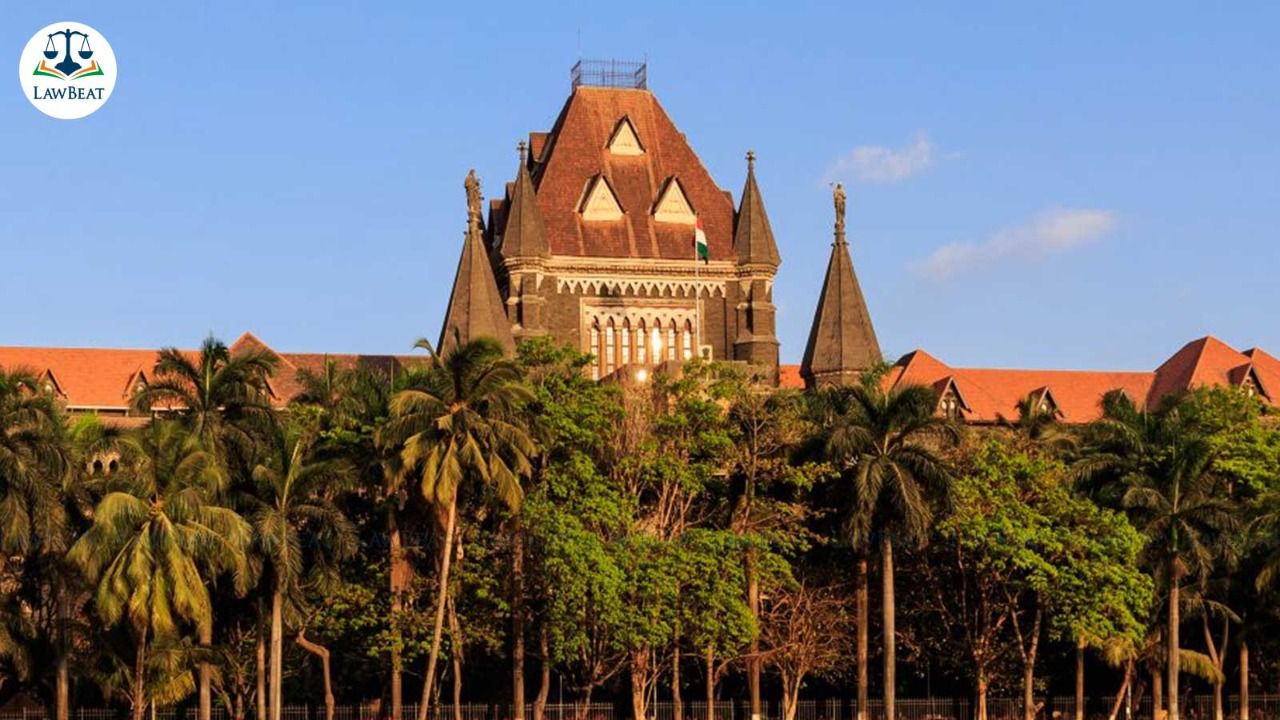Bombay HC Directs State To Pay 10 Lakh To Widow For Death Of Husband Due To Attack By Wild Animal

The Court while awarding a compensation of Rs. 10 lakh to the petitioner noted that it is a failure of the State machinery to protect life guaranteed under Article 21 of the Constitution of India.
A division bench of Bombay High Court comprising of Justice G.S Patel and Justice Gauri Godse directed the forest department of the State of Maharashtra to compensate a widow of a husband, who died due to an attack by wild boar.
The petitioner’s husband was returning back from his office on his two-wheeler on 05.02.2019 when a wild boar attacked him due to which he met with an accident and he succumbed to injuries, eventually leading to his death. The petitioner then made an application to the forest officer relying on the government resolution of 11.06.2018 which required the state to pay a compensation of Rs. 10 lakh in case of death. The petitioner made another application after her earlier application was not responded to. The second application was rejected on the grounds that the panchnama was not made in 3 days and the panchnama was not made in the presence of a forest officer. The petitioner then approached the State Minister and did not get a response from that state after which the petitioner approached the Bombay High Court seeking compensation from the state.
Senior Counsel Mr. R S Apte for the petitioner argued that the grounds of application rejection were unjustified and unacceptable. Further, he also argued that it is the duty of the police to inform the forest officer and that it is not disputed that the compensation of Rs. 10 lakh should be paid by the state in case of death due to wild animal as per the government resolution dated 11.06.2018.
The Assistant Government Pleader argued before the court that the cause of death was head injuries that were due to the accident and not because of the wild animal, as a result, the government resolution relied on by the petitioner would not be applicable in the present case.
The court while directing the state to pay a compensation of Rs. 10 lakh to the petitioner noted that “It is a twin obligation of the State Government. The first is to protect the wildlife (wild animals) and the second is to protect humans from any injuries caused by any wild animal. It is thus an obligation of the State Government to protect the lives of the citizens guaranteed under Article 21 of the Constitution of India.”
The court also referred to the object of the Wildlife Protection Act 1972 which provides for the protection of wild animals, birds, and plants and for matters connected therewith ancillary or incidentally thereto with a view of ensuring the ecological and environmental security of the country.
Case Title: Anuja Arun Redij Versus The State of Maharashtra & Anr.
